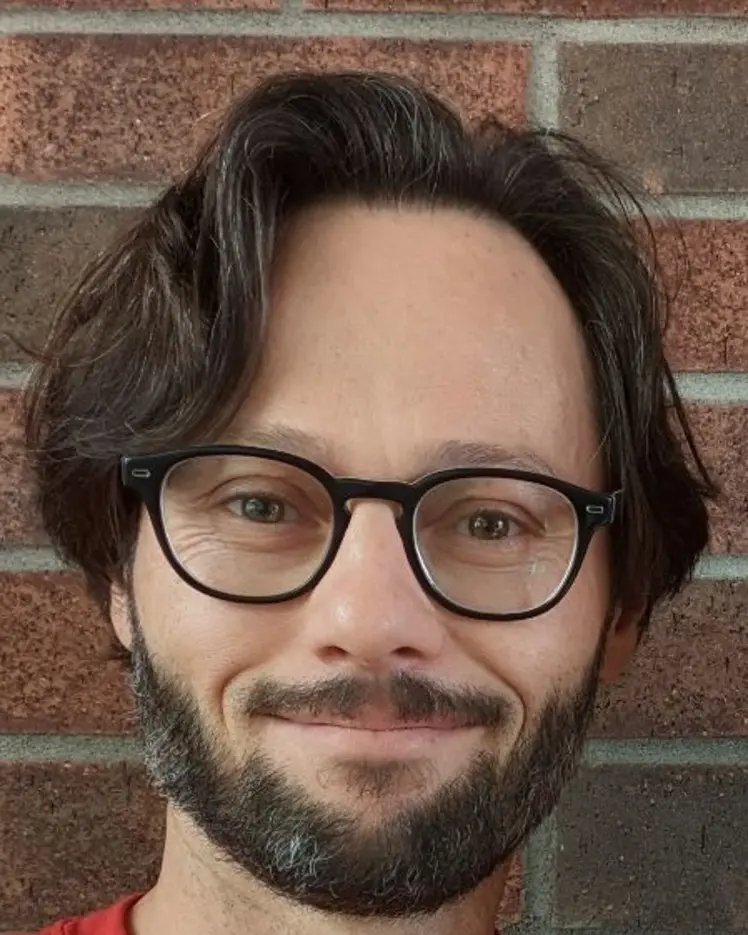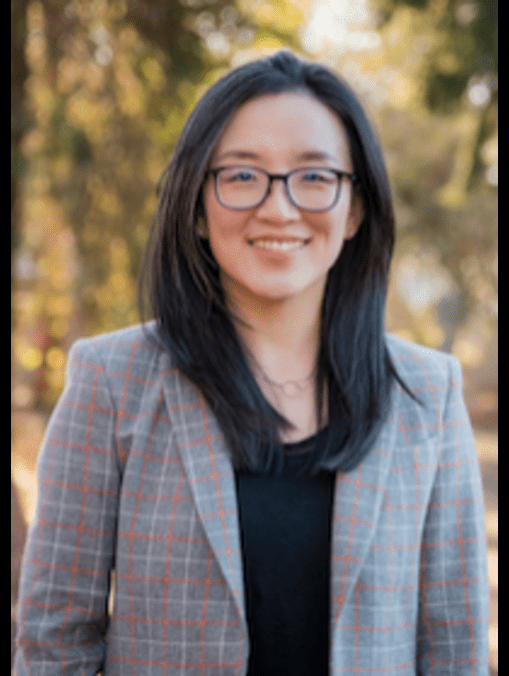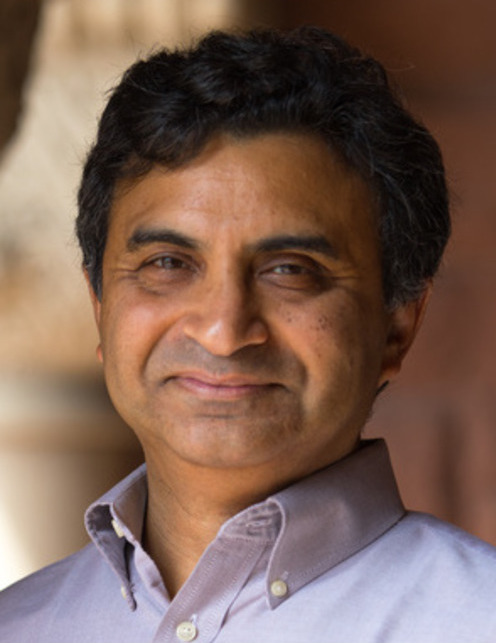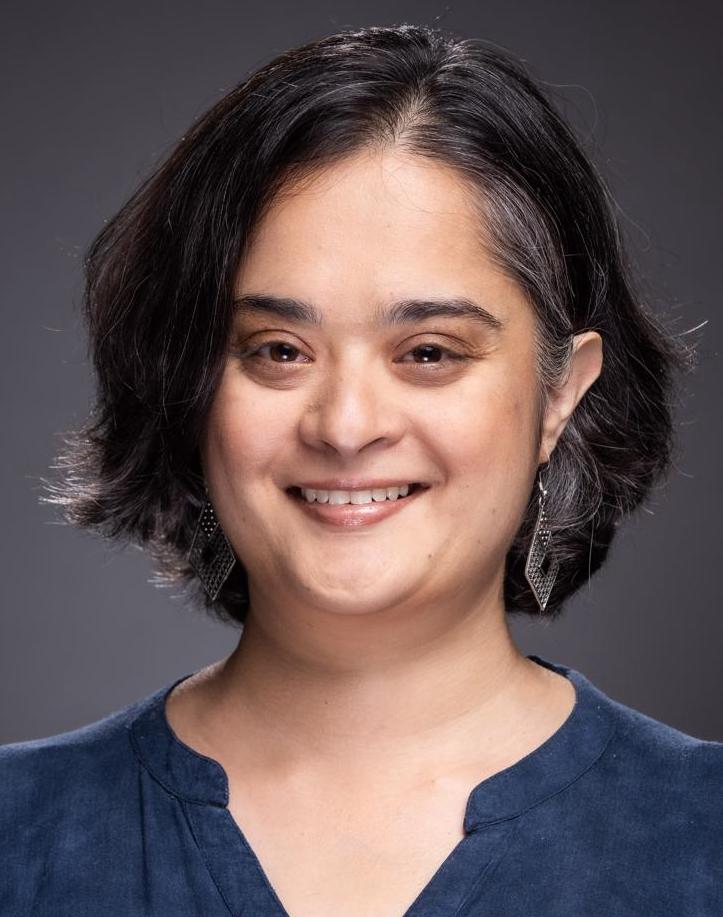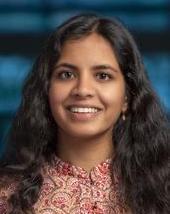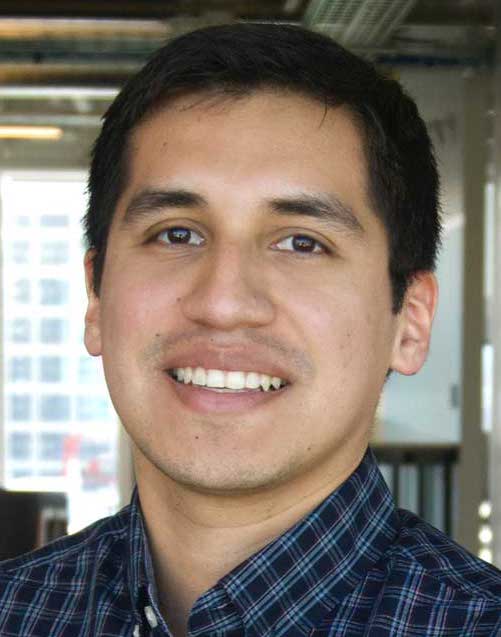New In ML at NeurIPS 2023
NewInML
will be held at NeurIPS, Dec 11th 2023.
We are updating the website frequently. Stay tuned! If you
have any question, please contact us by:
contactnewinml@gmail.com
Workshop Summary
With the booming research in artificial intelligence, the community is welcoming every day many newcomers. A lack of mentoring and inclusive environment becomes gradually significant. Our goal is to welcome new researchers in the community and provide them with some guidance to contribute to Machine Learning research fully and effectively.
Invited Speakers
Milind Tambe
Gordon McKay Professor of Computer Science & Director of CRCS - Harvard University. Principal Scientist & Director, AI for Social Good Google Research
Program Schedule
09:00am – 10:00am
Room 208 - 210
Perspectives on knowledge acquisition and mobilization with neural networks
Hugo Larochelle
10:00am – 10:15am
Break
10:15am – 11:15am
Room 208 - 210
Winging it: the secret sauce in the face of chaos
Been Kim
11:15am – 11:30am
Break
11:30am – 12:30pm
Room 208 - 210
Slow Science (Panel Discussion)
Panelists: Alexander Rodriguez, Surbhi Goel, David Abel, Devi Parikh
12:30pm – 1:30pm
Lunch Break
1:30pm – 2:30pm
Room 208 - 210
Integrating ML+Optimization: Driving Social Impact in public health and conservation
Milind Tambe
2:30pm – 3:30pm
Room 208 - 210
The Secret to Advancing Your AI Career in the 2024 Job Market
Brian Liou
3:30pm – 4:30pm
Room 208 - 210
Poster Session
Call for Papers
Unlike in other ML conferences and workshops, our goal is to help you get familiar with the paper submission and review cycle. We are accepting papers in two tracks:
- Reproducibility track
In this track, you will investigate the reproducibility of your favourite recently published conference papers and submit a brief report on your findings. Your goal is to test the empirical claims made in the paper, robustness of the proposed method, sensitivity to the hyperparameters, check the correctness of the proofs, or fine-tune the baselines to validate the results. You may use the code provided by the authors of the original paper to investigate.
- Extended abstracts
The goal of this track is to provide you with appropriate guidance in order to develop you idea into a full conference paper in future. You will write a report on your primary, preliminary-stage research briefly explaining the idea, relevant literature, and observations from preliminary experiments if you have any.
In both tracks you will receive feedback and guidance
from one senior reviewer to help you improve your draft in order to publish the idea as a conference
paper eventually. Participants may also ask for specific advice on writing, experiment design,
visualizations among others. All submissions go through the OpenReview system and follow NeurIPS 2023
instructions (see below). The submissions are private: it is only visible to the organizers and the
reviewers of your paper. The authors' names and reviewers' names are visible to each other during the
review process to promote friendly discussion.
You can download the style and latex files to prepare
your submission from here - New in ML workshop
- NeurIPS 2023.zip.
Papers may only be up to three pages long,
including figures, acknowledgments and references. Papers that exceed the page limit will not be
reviewed, or in any other way considered for presentation at the workshop.
We accept papers from all topics in machine learning including but not limited to:
- Applications (e.g., vision, language, speech and audio);
- Deep learning (e.g., architectures, generative models, optimization for deep networks);
- Evaluation (e.g., methodology, meta studies, replicability and validity);
- General machine learning (supervised, unsupervised, online, active, etc.);
- Infrastructure (e.g., libraries, improved implementation and scalability, distributed solutions);
- Machine learning for sciences (e.g. climate, health, life sciences, physics, social sciences);
- Neuroscience and cognitive science (e.g., neural coding, brain-computer interfaces);
- Optimization (e.g., convex and non-convex, stochastic, robust);
- Probabilistic methods (e.g., variational inference, causal inference, Gaussian processes);
- Reinforcement learning (e.g., decision and control, planning, hierarchical RL, robotics);
- Social and economic aspects of machine learning (e.g., fairness, interpretability, human-AI interaction, privacy, safety, strategic behavior);
- Theory (e.g., control theory, learning theory, algorithmic game theory).
Call for Reviewer/Mentor: If you are interested in being a reviewer/mentor for our workshop, please fill this form.
We welcome anyone interested to be a reviewer. Your role will be to provide constructive feedback to the assigned submission and more specifically to engage with the author(s) to help them improve their submission (clarity, writing, technical quality, experimental design). The submissions come in two tracks: (1) Reproducibility where the authors reproduce results from a recent paper, and your goal is to evaluate the quality of ablation studies performed; (2) Extended abstract where authors submit a long form of abstract, and your goal is to provide a plan to the authors that will help them convert their abstract into a full paper for the next NeurIPS conference. Reviewer application form: If you are interested in being an area chair, please apply with this form before Sept. 24.
NeurIPS 2023 Openreview Instructions
We are using OpenReview to manage submissions. The reviews and author responses will not be public and we will not be soliciting comments from the general public during the reviewing process. Anyone who plans to submit a paper as an author or a co-author will need to create (or update) their OpenReview profile by the full paper submission deadline. Your OpenReview profile can be edited by logging in and clicking on your name in openreview. The OpenReview profiles must be up to date, with all publications by the authors, and their current affiliations. The easiest way to import publications is through DBLP but it is not required, see FAQ. Submissions without updated OpenReview profiles will be desk rejected. The information entered in the profile is critical for ensuring that conflicts of interest and reviewer matching are handled properly.
Important Dates
- August 21, 2023: Abtract submission open on OpenReview.
September 29, 2023October 5, 2023: AOE Abtract submission deadline.- October 8, 2023: Discussion with reviewer starts.
- October 20, 2023: Notification of acceptance (poster at the workshop).
- December 11, 2023: New in ML workshop day.
Organizers
ZhenXu
Tsinghua University
Mélisande Teng
Université de Montréal / Mila
Shiyu Huang
4Paradigm Inc.
Zhimeng Jiang
Texas A&M University
Nishanth Anand
McGill University Mila
Subhrajyoti Dasgupta
Université de Montréal / Mila
Rohan Sukumaran
Université de Montréal / Mila
Reyhane Askari
FAIR / Mila / Université de Montréal
Benno Krojer
McGill University Mila
Diganta Misra
Mila / CMU / Landskape AI
Ching Lam Choi
Chinese University of Hong Kong / Mila
Beheshteh Tolouei Rakhshan
Université de Montréal / Mila
Sangnie Bhardwaj
Mila / Google Research
